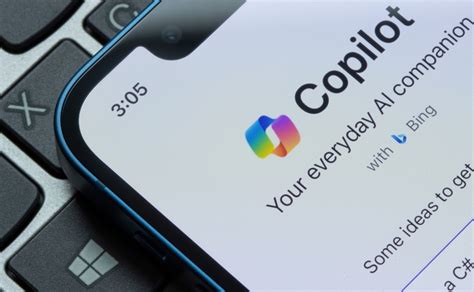In the ever-evolving landscape of technology, few introductions have ignited controversy quite like Microsoft’s new Recall feature. In recent discussions, the tech giant’s attempt to innovate user experience through Recall has been met with starkly opposing views. While some argue its potential for revolutionizing productivity, others warn of its dire implications for privacy and security. This dissonance reflects a larger, ongoing debate about the role and reach of technology in our daily lives.
At its core, Recall is designed to function similar to how one can rewind and review past moments on a DVR. The technology takes periodic screenshots, processes them via Optical Character Recognition (OCR) using Azure AI, and stores the data within a local SQLite database. This ostensibly allows users to retrieve previous states of their work environment or recall specific information they did not actively save. The theoretical convenience is evident—no more scrambling to remember that vital piece of data from last week or the structure of a project skeleton you forgot to document. However, with this convenience comes unwanted attention to privacy and data security concerns.
Critics argue that storing and processing such sensitive information locally, even if encrypted by Device Encryption or BitLocker, exposes an unnecessary risk. For example, leokennis pointed out that despite Microsoft’s assurances, the implementation doesn’t quite stand up to modern security expectations. They cited how the data is essentially stored in an open SQLite database which is accessible if one gains administrative rights—a plausible scenario for determined attackers or malicious software. The very nature of taking repeated screenshots can potentially capture sensitive data, including passwords or confidential documents, turning Recall into a serious privacy issue.
On the flip side, advocates of such a technology, like rmm, emphasize its utility. They contend that Recall addresses a common problem of managing multiple concurrent projects without losing track of unsaved but important information. Imagine working on a client report, getting interrupted by another priority task, and then effortlessly resuming where you left off thanks to Recall. This workflow efficiency is what makes rmm and others believe it could be a game-changer, particularly for professionals juggling numerous digital documents and research topics.
The criticism momentarily shifts direction with alternatives proposed by some users. For instance, kvaneijk’s team has developed OpenRecall, a FOSS (Free and Open Source Software) alternative designed to alleviate some of these concerns. OpenRecall focuses on being fully auditable, leveraging open-source local models, and stressing privacy and security. The value here lies in its transparency—users and developers can inspect, modify, and ensure the software works as promised without hidden backdoors or unscrupulous data handling. In a world where privacy concerns are paramount, such an approach offers a potential compromise between functionality and security.
However, examining the technological landscape further, comments like those from sanitycheck and Freilanzer bring out another layer of concern: surveillance. They caution that what begins as a benign feature could morph into a powerful tool for corporate or even governmental monitoring. The specter of a corporate panopticon—where every action is visible and recorded—becomes tangible with software like Recall. If such tools are normalized in workplaces, the daily activities and productivity metrics of employees could be tracked with unsettling precision. This kind of intrusive surveillance could extend beyond professional environments into private lives, given how intertwined personal and work lives have become in the digital age.
Additionally, historical mistrust towards big tech companies like Microsoft exacerbates these fears. WhackyIdeas alluded to prior surveillance cooperations between tech corporations like Microsoft and government agencies like the NSA. Skeptics worry that Recall could follow a similar trajectory, initially appearing as a productivity tool while surreptitiously functioning as part of a broader surveillance infrastructure. Given Microsoft’s history with updates that occasionally override user settings, the potential for Recall to morph from a local feature to one that syncs data to cloud servers cannot be dismissed lightly.
Ultimately, the broader discussion is about where we draw the line between technological advancement and personal privacy. Innovative tools like Recall undoubtedly offer potential—streamlined workflows, improved productivity, and virtual organization of one’s digital footprint. However, the risks are equally monumental—data breaches, misuse by employers or third parties, and erosion of privacy. As we continue to integrate AI into our daily digital lives, it is imperative to remain vigilant about how these tools evolve and influence our autonomy.
The discussion around Recall is a microcosm of the perennial struggle between convenience and privacy, innovation, and security. As kvaneijk mentioned, achieving a balance with open-source, auditable alternatives may be the path forward. But one thing is sure: the conversation about Recall and similar tools is far from over. It belongs to a more extensive discourse about our future and how we want technology to serve without enslaving us.


Leave a Reply